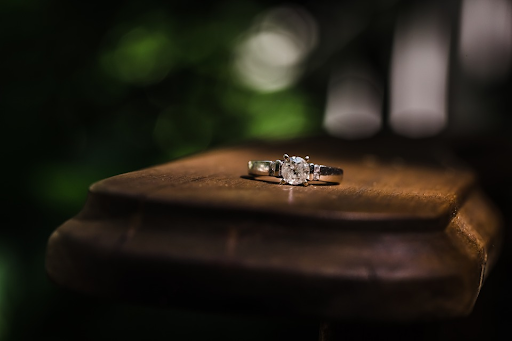
| 3 Tips to Budget for an Engagement Ring |
 |
|
When it comes to buying an engagement ring, there are no rules in setting a budget;
it must fit you as the jewelry piece does for your partner. However, the commitment to
taking your relationship to a higher level through marriage should be an exciting and
unforgettable time for the right reasons, not the wrong ones. So to help ease the stress,
we've laid out a few helpful tips for creating a budget for your purchase that will make
sense. Keep reading to find out more. |
|
1. Come up with a realistic number The action plan for purchasing any big-ticket item must always start with budgeting, and buying an engagement ring is no exception. After all, not only is it a financially responsible approach, but it will also enable you to keep expectations realistic when you're exploring all your options. As a result, the decision-making process becomes more accessible. If you decide to commit to payment plans, be sure that you figure out how much you'll be able to comfortably shoulder for at least a period of half a year. Also, don't forget to include the down payment for it. Being aware of this number should keep your finances in check as you're shopping for a ring. 2. Set Priorities Once you've come up with your budget, start to set some priorities. Ask yourself questions addressing whether the size of the diamond is worth spending more on, or if you can settle for small diamond engagement rings instead. Also, think about whether you prefer simplistic bands over those that are embellished with precious gemstones. When you figure out some of these priorities, jewelers can begin to guide you on your choices within the acceptable price range and make wise compromises.
Conclusion An engagement ring is a once-in-a-lifetime purchase. However, that doesn't mean that you should spend much more than you can realistically and comfortably afford. So keep these budgeting tips in mind, and don't forget to explore all your options before you buy a ring. |